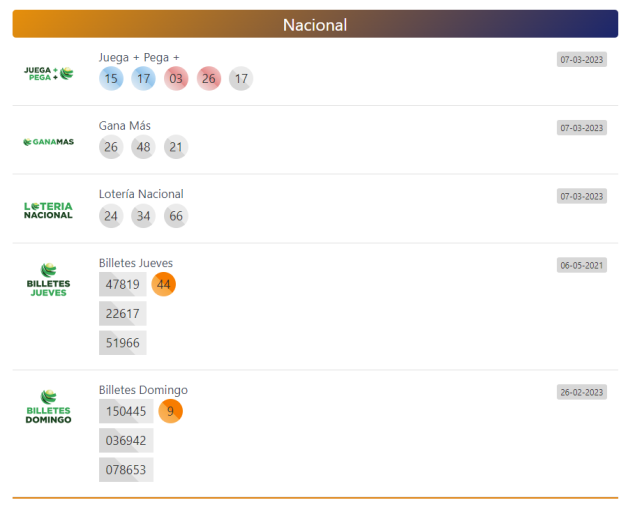576
The Role of Probability and Statistics in Lottery Strategies

Lottery is a game of chance, and the probability of winning is always low. However, players still use strategies to increase their chances of winning. Probability and statistics play a crucial role in developing these strategies, allowing players to make informed decisions and maximize their chances of winning. In this article, we will discuss the role of probability and statistics in lottery strategies.

Understanding Probability in Lottery
Probability is the branch of mathematics that deals with the likelihood of an event occurring. In lottery games, the probability of winning depends on the number of possible outcomes and the number of winning outcomes. For example, in a simple coin toss, the probability of getting heads is 1 in 2, or 50%. In a lottery game with 6 numbers, the probability of winning the jackpot is much lower, often less than 1 in 10 million.

Using Probability to Develop Lottery Strategies
Despite the low probability of winning, lottery players use probability to develop strategies that increase their chances of winning. One such strategy is to use a systematic approach to selecting numbers.
Players who use this approach choose a set of numbers and use them consistently, hoping that they will eventually win. This approach is based on the principle of probability, which suggests that the more times a particular combination is played, the higher the chances of winning.
Another strategy used by lottery players is to analyze previous winning numbers and use this information to choose their numbers. This approach is based on the idea that there may be patterns or trends in the winning numbers that can be used to predict future results.
For example, if a particular number has appeared frequently in previous draws, some players may choose to include that number in their selection, believing that it may appear again.
Using Statistics to Develop Lottery Strategies
Statistics is the branch of mathematics that deals with collecting, analyzing, and interpreting data. In the context of lottery games, statistics can be used to analyze the frequency of winning numbers and identify patterns that may help players make informed decisions.
One statistical tool used in lottery analysis is the frequency chart. This chart displays the frequency of each number drawn over a specific period. By analyzing this chart, players can identify the numbers that have appeared frequently and those that have not. They can then use this information to decide which numbers to include in their selection.
Another statistical tool used in lottery analysis is the probability chart. This chart displays the probability of each number is drawn, based on its past frequency. By analyzing this chart, players can identify the numbers that are most likely to be drawn and those that are least likely. They can then use this information to make informed decisions about which numbers to include in their selection.
Overall, you should keep in mind that it is a game of chance and lottery addiction can be devastating. You will see a notice on many lottery results websites such as número de hoy, which would clearly say that bet only that you can afford to lose.
Conclusion
Probability and statistics play crucial roles in developing lottery strategies. By understanding the principles of probability and using statistical tools to analyze past results, players can make informed decisions about which numbers to select, increasing their chances of winning. However, it is important to remember that lottery games are still games of chance, and there is no guaranteed way to win. Players should always gamble responsibly and within their means.
The freeloader children were offended, because I went on a trip and stopped keeping them.
At the checkout in the supermarket I often see girls with huge lips, what are the advantages of the increase procedure























